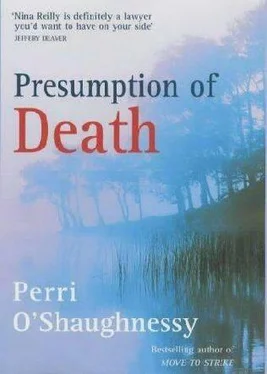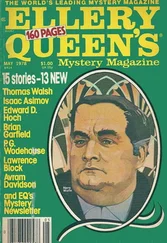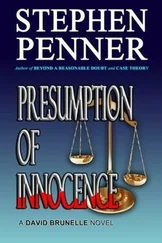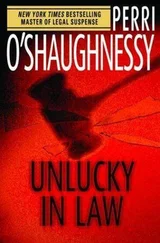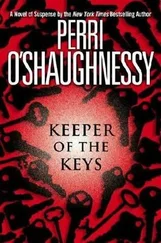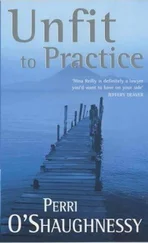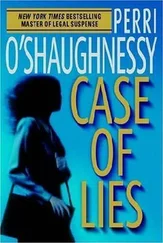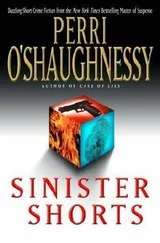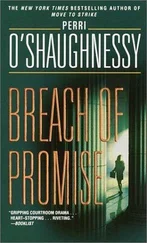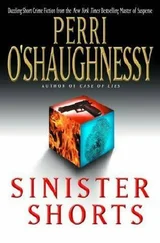Paul had met Clint once, while the actor was still mayor of Carmel. They had shaken hands and Clint had moved on, but Paul always said it zinged like God making contact with a mortal on the ceiling of the Sistine Chapel. Was it the soft-spoken, menacing persona Paul liked? The disregard of authority? The Lone Ranger roles he always played? After a recent night curled up with popcorn in front of one of the DVDs, observing Paul’s grinning admiration as Eastwood got back at the bad guys, she thought she understood.
Clint wasn’t afraid. He’d gone through a long career in movies and television without once showing fear. When the situation called for fear, Clint’s eyes would squint and his lips would get snarly and he would get royally pissed off instead. Paul wanted to take on the world like that.
So renting the office in the Eastwood Building had pleased Paul deeply. They walked up the wooden stairway to Paul’s office, and he pressed the remote to unlock the door.
Inside, Tibetan rugs, Paul’s big desk with both a PC and an Apple sitting under a window that looked down at the outside bar area of the Hog’s Breath Inn, photos of the Himalaya by Galen Rowell and Paul himself on the walls-Paul had been in the Peace Corps in Nepal, not that it made him peaceful-a black leather couch, the small conference table where Wish worked, file cabinets, and a bar fridge in the corner where Paul kept beer and sundries.
In a pinch, he could spend the weekend there.
The soul of the office, of course, was invisible-the client files, his source lists, the search programs purchased from collection companies and process servers, all behind firewalls and passwords in the computers.
Nina went to the desk and looked out the window. Morning had segued into afternoon. Down below on the flowery patio of the Hog’s Breath, the vacation deity had granted permission to stop awhile, forget earthly cares, and sit holding a glass, talking about nothing much. Chatter and clinking drifted up to them.
“The permanent party,” she said.
“Right. The people come and go, but the party never ends.”
“He hasn’t been here.”
“No.”
Nina pulled out the Monterey County phone book and Wish’s organizer and began making calls. She called Community Hospital, the highway patrol, Danny again-no answer again-and Wish’s friends up at Lake Tahoe, where he usually lived. She didn’t like raising the alarm so loudly, but she had no choice. Paul worked the other line.
After a while, when they had run out of numbers, they paused. Paul looked at his watch. “You know what we have to do, don’t you? It’s three-thirty, and they’ll close by five.”
“Yes. We should go. It better not be him. What could have happened up there in the woods?”
“One step at a time. Lunch downstairs, then back to Salinas.”
In the heat of midday, they could identify some crops strictly by smell.
“Brussels sprouts,” Paul said. “I can’t stand ’em.”
“Mmm. Garlic. Fabulous.”
South Main Street still housed struggling secondhand stores, the shopping center that had never taken off, the Arby’s and Foster’s Freeze and the air of being lost in time that Nina remembered from childhood.
“I used to come here as a kid when the Northridge Shopping Center had the only good department stores in the whole county,” she said. “Then when I was clerking for Klaus, I would bring papers over to the courthouse for the lawyers. It looks just the same.”
“You still think of it as a sleepy agricultural town?” Paul said. “It’s changed. Silicon Valley is pressing down from the north. Executive homes are crammed together on small lots with high walls. A tired techie just snugs down in his concrete snail shell, never forced to meet a single neighbor.”
“We’re at least an hour to San Jose. They commute all that way?”
“Meanwhile, as the technical class hauls fifty miles between home in Salinas and work in San Jose, Mexico rolls up from the south and settles in the Alisal District. The population is eighty percent Latino these days. Did you know that?”
“Salinas has always been a tense place,” Nina said. “High crime rate for the population density. Part Okie, part Latino. Good fuel for writers like Steinbeck.”
“It does look sleepy, when you’re not here on Saturday night on the east side of town, when the bars get lively and the guns go off,” Paul said.
But no guns were in evidence on this sun-baked afternoon, just a few kids on bikes and moms pushing strollers past the thrift shops. Nina said, “Let’s stop at Foster’s Freeze for a dipped chocolate cone.”
“Right before the morgue?”
“Then again, maybe not,” Nina said. They drove through town in silence, each corner bringing Nina a fresh vista of memories. “You know, in front of the community center near the rodeo stands, there’s a giant sculpture by Claes Oldenburg. Did you ever see that, Paul?”
“Really? That’s a surprise. No, I don’t go to the rodeo. I guess it’s un-American of me.”
“I’ll take you this summer.”
“No, thanks, I know how you and Bob love these spectacles like monster-car races and motocross and calf roping, but I don’t like the seats.”
“What’s wrong with the seats?”
“They’re concrete and usually beer spattered.”
“Does that mean you don’t like football games either?” Nina asked.
“I like tennis matches. Whap, headjerk, whap, headjerk. Tennis whites and women fanning themselves in the stands. That’s what I like.”
“But you like modern art, don’t you?”
Paul told her, “Look, if Oldenburg put up a giant sculpture in Salinas, of all places, let’s drive by it right now.”
“You can’t see it from the street.”
“Too bad. What’s it look like?”
“Three massive red metal cowboy hats. Each one about twenty feet across.” They turned onto Alisal Street.
Speaking of modern art, the concrete fiends of justice perched on each cornice of the Monterey County Courthouse hadn’t changed. These gargoyles, along with the white pillars casting sharp shadows and the deserted concrete courtyard within, still gave rise within Nina to a certain anticipatory dread straight out of an early de Chirico painting.
The dark-suited figures flapping like vultures up the hot street to make their cases inside added to the general air of malevolence, and the Honeybee restaurant, where many a sleazy legal deal had been cut over the decades, extruded more lawyers as they passed by. This courthouse had always felt foreign to Nina, so different from the courthouse on Aguajito in Monterey, which had been built in friendly hippie days in a vaguely Big Sur style.
“I always wondered why you didn’t take Klaus’s offer and join his firm after you passed the bar,” Paul said as they searched for a parking spot in back.
Nina said, “Compressed version. My mother died, that was the main thing. Dad got married again very quickly. I wanted to leave. San Francisco was a good distance, and then I married Jack and he was ready to leave Klaus’s firm too. Don’t we all grow up and leave town?” She took out her cream and rubbed a flare-up on her arm.
“Not at all,” Paul said. “In fact, I sometimes think the world is divided into those who go and those who stay. So off to the big city, then a few years in Tahoe. And here you are again.”
“I really, really hope it’s not Wish in there.”
They entered the dim courthouse hall and submitted to the metal detector. As they walked down the stairs toward the coroner’s office she firmed her jaw. It better not be him, she thought fiercely, and prepared herself.
Inside, they waited almost half an hour in an anteroom before they were allowed in. Some telephoning went on in the office as they were checked out one more time. Although a man in a lab coat was swabbing down the tables with Lysol, the morgue had that familiar smell of decay.
Читать дальше
